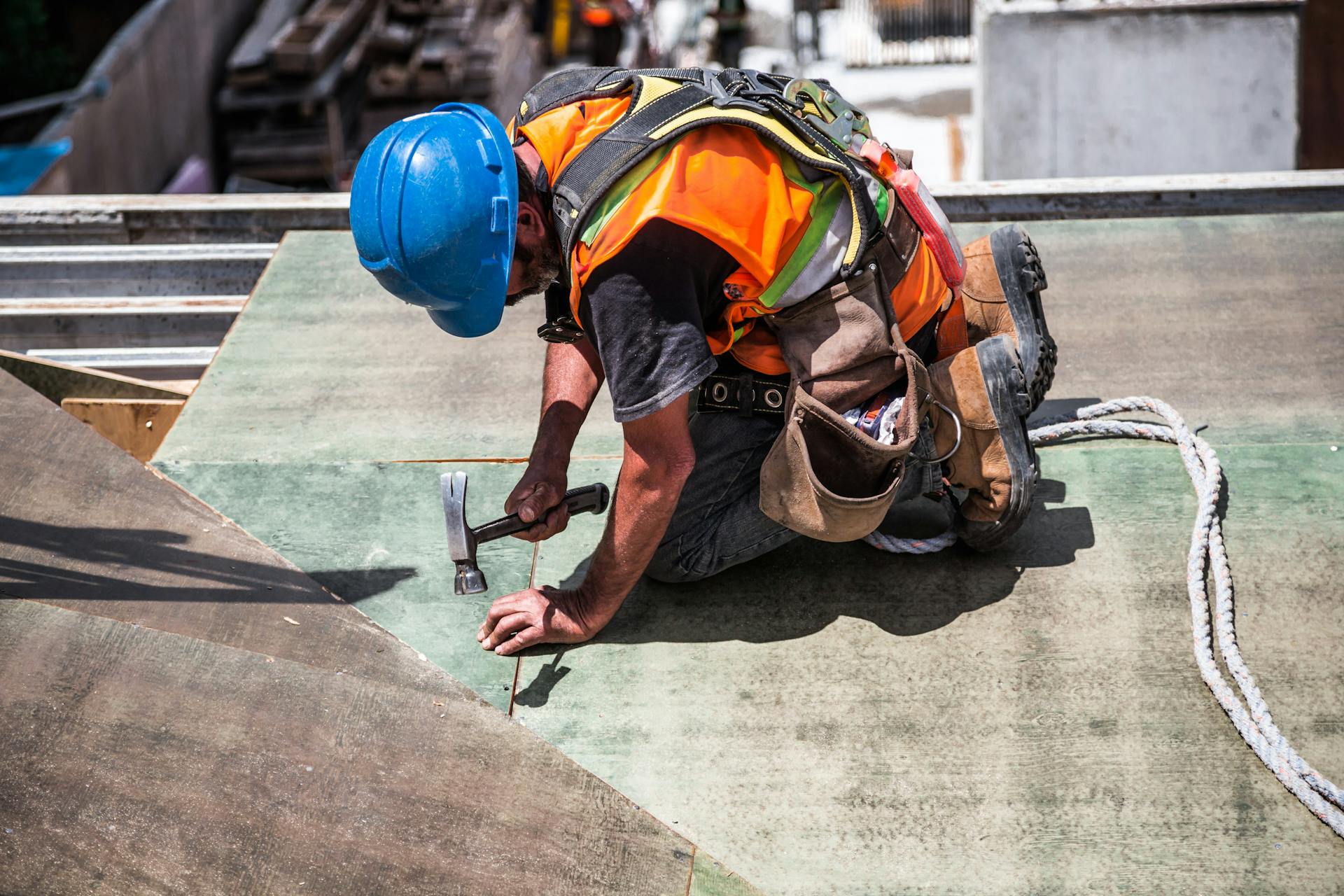The labour inspection department issued 11 on-the-spot fines over the past two days following a wave of workplace inspections aimed at protecting workers from extreme heat, the department announced on Friday.
A total of 128 inspections were carried out as part of a targeted campaign to ensure compliance with mandatory work bans during peak heat hours – between 12pm and 4pm – in accordance with an orange-level heat warning issued by the meteorological service.
Speaking to CNA, senior officer Marina Kougiali said that while inspections are conducted throughout the year, they are intensified during periods of extreme heat.
In addition to the 11 fines, inspectors issued nine improvement notices and ordered seven full or partial work stoppages in cases where serious risks to worker safety were identified.
The mandatory work ban applies to inland areas at altitudes below 300 metres and more than 10 kilometres from the coast, as well as to mountainous areas located at 1,150 metres above sea level. These regions are considered most vulnerable to dangerous afternoon temperatures.
Asked whether the suspension order is legally binding, Kougiali confirmed that under current labour laws, outdoor heavy and moderate labour – including transport and delivery services – must stop during orange or red heat warnings.
Inspections focused primarily on construction sites and building projects, where workers face heightened risks of heat-related illnesses. In cases where employers had already complied with the regulations, no further action was taken.
Kougiali explained that fines for violating thermal stress protections start at €500 and can reach €1,000, depending on the severity of the infraction. Additional safety breaches may incur even higher penalties.
Even in areas where the outdoor work ban does not apply, employers are still legally required to take protective measures. These include monitoring temperature and humidity levels, providing shaded or air-conditioned rest areas, implementing shift rotations and frequent breaks, and ensuring workers stay hydrated.






Click here to change your cookie preferences